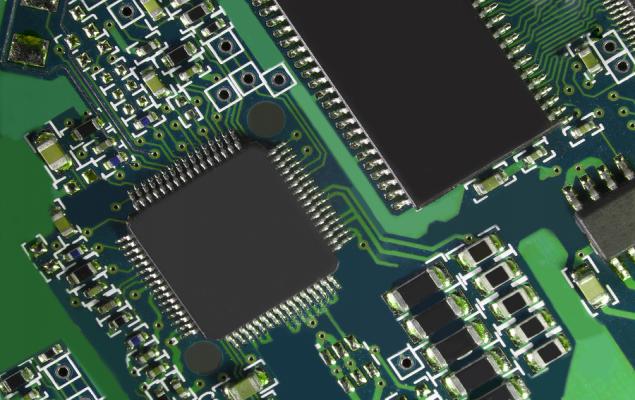Rigetti Computing RGTI is leaning heavily on chiplets as the way to make quantum computers truly scalable. In the second quarter, the company unveiled Cepheus-1-36Q, a four-chiplet system that is now available on Rigetti’s Quantum Cloud Services and will soon be offered on Microsoft Azure. What matters for investors is that this system cut error rates in half compared to Rigetti’s previous design and reached 99.5% two-qubit gate fidelity. Management also guided that a 100-plus qubit system with similar fidelity should be ready by year-end 2025. Progress is also coming on gate speeds, moving from about 70 nanoseconds down to the 50-60 nanosecond range, with a clear goal of going below 50 nanoseconds.
Rigetti argues that chiplets improve performance, simplify manufacturing, and help yields, all of which are critical for scaling up. The real test will be how this approach performs as the company moves toward the industry benchmark of around 1,000 qubits with 99.9% fidelity and error correction. Management believes that point, which they call quantum advantage, is still about three to four years away. Importantly, Rigetti has the financial cushion to fund this roadmap. In the second quarter, it raised $350 million through an equity offering, ending the quarter with $571.6 million in cash and no debt. Revenue was weak at $1.8 million, down from $3.1 million last year, mainly because of delays in U.S. government funding programs. But the company stresses that at this stage, technology milestones are far more important than near-term sales.
D-Wave Quantum QBTS continues to advance its annealing-based systems, recently focusing on hybrid solvers and demonstrating practical use cases in optimization problems. While its approach differs from Rigetti’s gate-based model, the company is working on expanding customer adoption through cloud services and enterprise partnerships. Investors should watch whether D-Wave can keep scaling annealing systems while also making progress on its longer-term gate-model program.
Quantum Computing Inc. QUBT has been highlighting its progress on software tools and middleware that can run across different quantum hardware platforms. The company has also been investing in its photonic-based quantum initiatives, with an eye on creating systems that are more stable and easier to scale. The focus remains on proving that these efforts can translate into consistent performance gains, supported by real demonstrations rather than just roadmap announcements.
Shares of RGTI have lost 0.7% in the year-to-date period against the industry’s growth of 21.4%.
Story Continues
